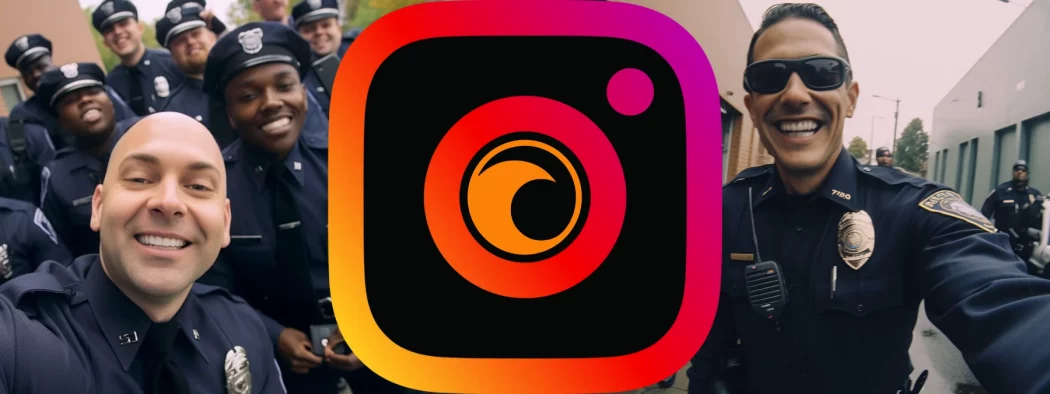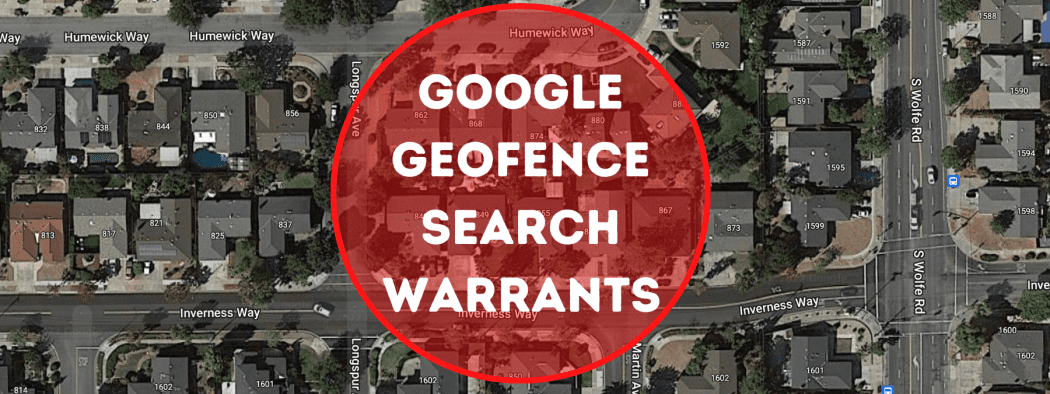Cash App holds a position as a leading mobile payment service, but often finds itself at the intersection of crime and digital finance. Law enforcement encounters Cash App in a …
Writing Instagram Search Warrants
Instagram isn’t just for selfies and food photos—it can be a goldmine of evidence in a criminal investigation. Actions such as posting a photo or reel, sending a DM, or …
The role of a Special Master: Protecting sensitive & privileged documents.
As search warrant experts, we often get questions about “Special Masters” and the crucial role they play in search warrant processes. But what exactly does a Special Master do? How …
AB 793 – The End of Reverse Keyword & Geofence Search Warrants
California AB 793 aims to prohibit law enforcement from seeking, enforcing, assisting, or supporting reverse keyword and geofence search warrants in California or any other state. In short, AB 793 kills geofence warrants.
The curious case of curtilage.
United States v. Banks (7th Cir. 2023) emphasizes the importance of securing a warrant when conducting a search, even if there is reasonable suspicion to believe that a crime is being committed. The case involved a police officer seeing a convicted felon with a gun in a Snapchat post and subsequently going to his house without a warrant. After a struggle, the officers found a loaded gun and ammunition on Banks. Banks argued that the officers’ intrusion on his porch without a warrant was unlawful, and although his initial motion was denied, it was later overturned on appeal. The court reiterated that a person’s home is entitled to a high degree of protection under the Fourth Amendment, and the front porch of a residence is generally considered part of the curtilage that requires a warrant, consent, or some other Fourth Amendment exception. The case serves as a reminder that Fourth Amendment protections apply not only to a person’s home but also to the curtilage surrounding it, including the front porch, and that a simple search warrant could have easily avoided the suppression of evidence.
Understanding Search Warrants: Blanket Search Warrants
This article discusses overly broad search warrants and keep your warrant from being traversed.
Writing Google Geofence Search Warrants
The Google geofence is the criminal investigative technique that many consider a “magic pill” for their cases. It has the unique ability to identify unknown suspects, but it has limitations. …
Writing Facebook Search Warrants
With over 200 million Facebook users in the United States, almost every Investigator will be writing Facebook search warrants in their career. Facebook, a product of Meta Platforms Inc., is …
Writing Snapchat Search Warrants
Snapchat is one of the most popular social media apps worldwide; with over 106 Million daily active users in the United States, Snapchat is likely to be a part of …
California Electronic Communications Privacy Act: CalECPA Mandates.
The California Electronic Communications Privacy Act (CalECPA) is a comprehensive privacy law that protects citizens and guides law enforcement towards judicial oversight. Introduced in 2012, CalECPA covers communication, data stored within electronic devices, and a person’s location. It ensures that individuals are notified when their online records, such as social media accounts, are targeted by search warrants. CalECPA emphasizes search warrants as the preferred method for collecting digital evidence, with judicial review serving as a safeguard for citizens’ privacy.
- Page 2 of 2
- 1
- 2










